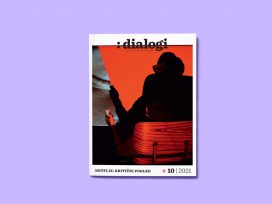
Looking to Leningraz
Dialogi 10/2021
In ‘Dialogi’: why the communist victory in Graz points the way for urban politics; how participatory budgeting is catching on in Slovenia; and the question we should all be asking – is Netflix evil?

In ‘Dialogi’: why the communist victory in Graz points the way for urban politics; how participatory budgeting is catching on in Slovenia; and the question we should all be asking – is Netflix evil?
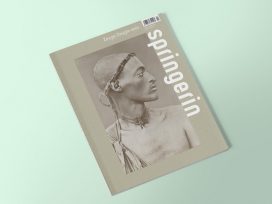
‘springerin’ questions the concept of subpoenaed witness in western thought. Featuring an interview with philosopher Sibylle Schmidt on the worth of artistic testimony.
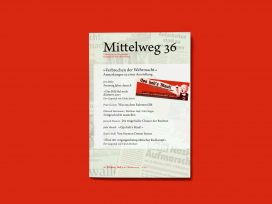
‘Mittelweg 36’ returns to the Wehrmacht exhibitions twenty years on: including the political and historiographic controversies surrounding the exhibitions and their impact on German public debate; also, how they realigned politics and mobilized both far-right and far-left.
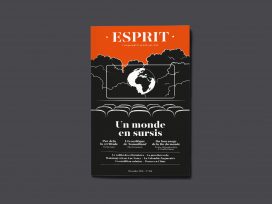
Climate change, COVID-19, social injustice: ‘Esprit’ explores how current notions of crisis affect our relationship with time and our (in)ability to change our circumstances. Also: the revolutionary origins of ‘la question Woke’.
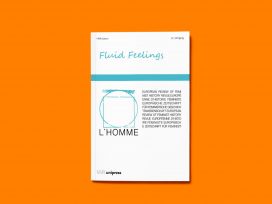
‘L’Homme’ explores the mutable subjectivities that shape female gender norms and roles: including patriarchy and labour in India; sexualized shame in the Turkish workplace; and pseudo-progressivism in late Soviet film.
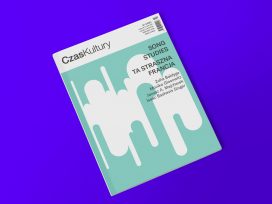
‘Czas Kultury’ remembers Serbian protest-rockers Rimtutituki, the anti-militarist supergroup banned by Milosević. Also: offensive French writing – why aversion excludes.
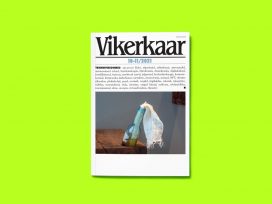
In a technology-themed issue of ‘Vikerkaar’: why the future of mobility is public and integrated; why climate change is a boon for biotech; and why cheap energy is not green energy.
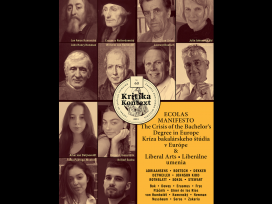
How can higher education help us tackle the crises Europe is facing? Kritika & Kontxt says the liberal arts have a model to offer.
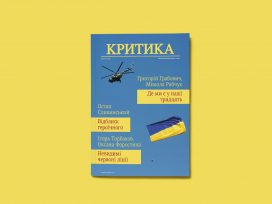
In an issue of ‘Krytyka’ on Ukrainian independence: a catalogue of errors from Kuchma to Zelensky; a personal history of freedom formed; and seismic shifts in the Kremlin’s symbolic geography.
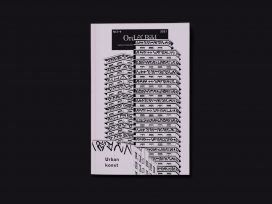
‘Ord&Bild’ features urban art: with articles on the aesthetic boundaries pushed by graffiti pioneer Zevs; the sanitization of the underground in Swedish cities; and transgender cultural organizing in São Paulo.
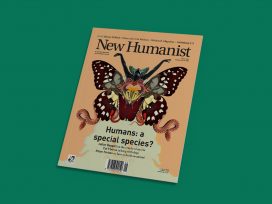
In ‘New Humanist’: the social and political roots of sorcery accusation-related violence and how to stop it; and why recognizing animal sentience means respecting animals, not treating them like furry versions of ourselves.
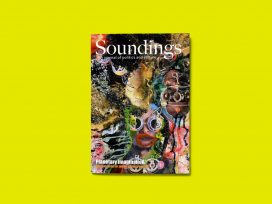
In ‘Soundings’: environmental justice and the failure of neoliberal regulation; littered space and the emergency in Low Earth Orbit; Dipesh Chakrabarty on the global of global warming; and Paul Gilroy on the creolized planet.
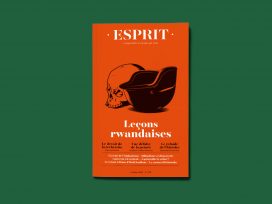
‘Esprit’ focuses on France’s responsibility in the Rwandan genocide. Including articles on the role of the Duclert report; the roots of Mitterrand’s failure; and the gradual progress in proving guilt.
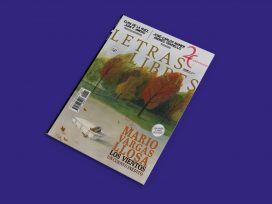
In the twentieth anniversary of ‘Letras Libres’, Mario Vargas Llosa vents his spleen at modern society – or maybe he is just having an attack of wind. Also: why Spain is incapable of institutional reform.
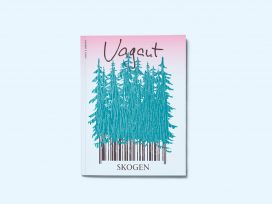
‘Vagant’ fears for the forest: with articles on the crowded biome; a Californian season in hell; tree death in the Harz; and terraforming Copenhagen.
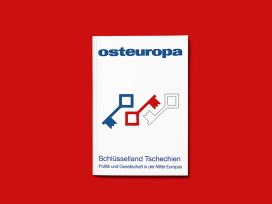
Osteuropa focuses on the ‘key country’ of the Czech Republic: with articles on the state of democracy and the transformation of the party system as mirror of wider processes. Also, an overview of a thousand years of religious history, and the new-old national self-image in film.